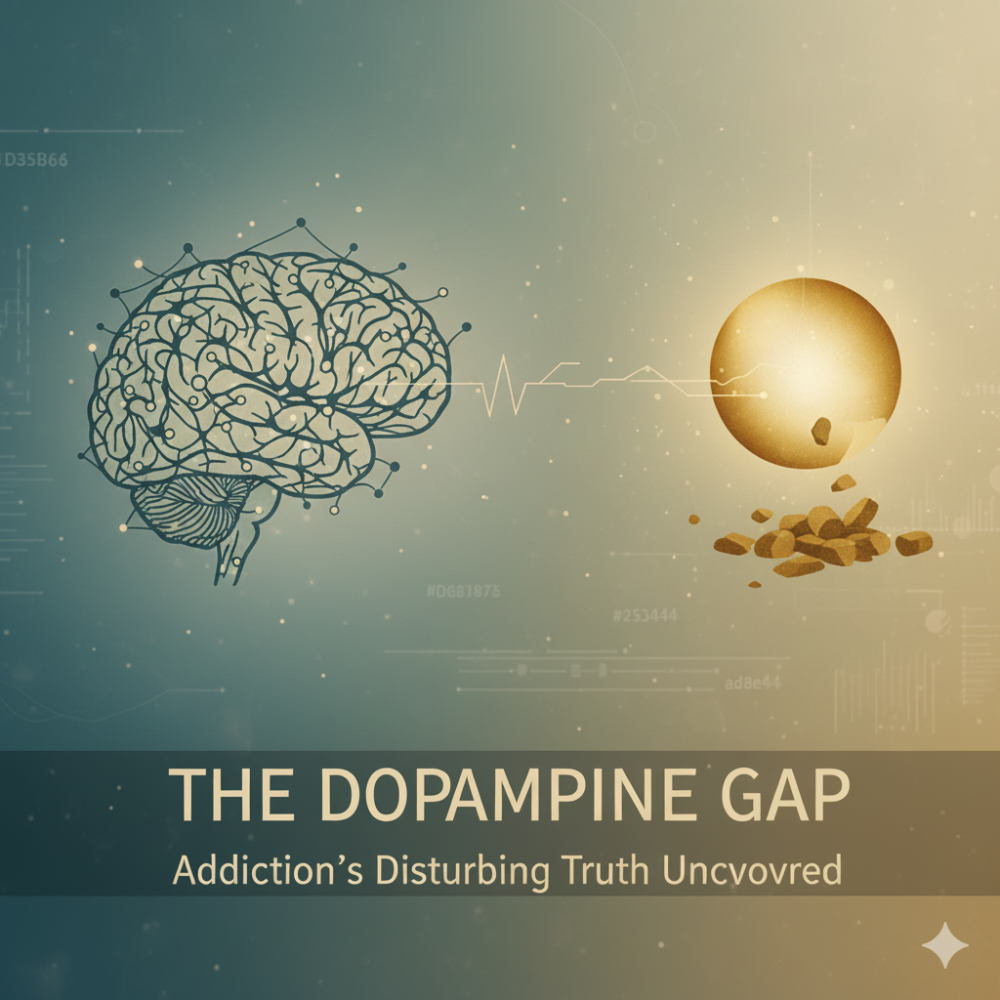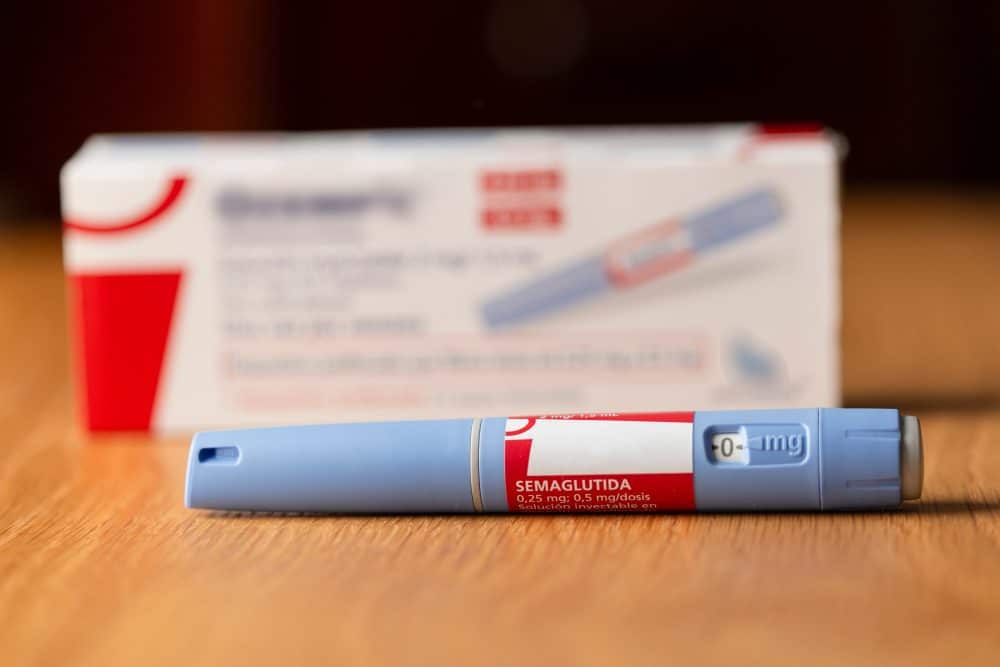Dangers of Combining Concerta & Alcohol
Concerta is a widely recognized brand name for the drug methylphenidate, which has garnered significant attention for its efficacy in treating Attention Deficit Hyperactivity Disorder (ADHD). On the other hand, alcohol is a socially accepted and commonly consumed substance that plays a frequent role in many people’s lives, whether it be through casual social drinking or more habitual use. Given that both Concerta and alcohol exert powerful effects on the brain and body, using both substances at once can introduce an array of complications.
This article delves into the dynamics of combining Concerta with alcohol, aiming to shed light on the physiological, psychological, and behavioral ramifications of such a mix. By equipping oneself with this knowledge, individuals can make informed decisions, safeguard their well-being, and potentially prevent severe health crises.
Overview of Concerta
Concerta is the brand name for the extended-release formulation of the drug methylphenidate. Methylphenidate is primarily prescribed for individuals diagnosed with Attention Deficit Hyperactivity Disorder (ADHD) and, to a lesser extent, narcolepsy.
At its core, methylphenidate operates as a central nervous system (CNS) stimulant. Although it might sound counterintuitive to treat hyperactivity with a stimulant, the drug works by increasing the levels of certain neurotransmitters in the brain. Specifically, it augments the levels of dopamine and norepinephrine in the synapses between neurons, thereby promoting increased attention, focus, and impulse control.
Side Effects of Concerta
Like all medications, Concerta can come with potential side effects. Common ones include insomnia, decreased appetite, weight loss, increased blood pressure, dizziness, and sweating. More severe side effects, although rare, can include cardiovascular complications, mental/mood changes, or circulation problems.
Given its stimulating nature, Concerta has a potential for abuse and dependence, especially among teenagers and young adults. It is classified as a Schedule II controlled substance in the U.S. Therefore, regular monitoring by a healthcare professional is recommended to ensure that the drug is being used safely and effectively.
Moreover, it’s vital to be aware of potential drug interactions. Combining Concerta with other medications or substances, like alcohol, can lead to unpredictable and potentially dangerous reactions.
Concerta, as an effective treatment for ADHD and narcolepsy, has proven invaluable for many patients in managing their symptoms. However, as with all medications, understanding their mechanism of action, potential side effects, and interactions is fundamental to ensuring their safe and beneficial use.
Adverse Effects of Combining Concerta and Alcohol
The co-consumption of Concerta, a form of methylphenidate, with alcohol introduces a variety of complications that are uniquely harmful, going above and beyond the independent effects of either substance. The central concern revolves around the interaction between a central nervous system stimulant (Concerta) and a depressant (alcohol).
Pharmacological Interactions and Advisories
Nervous System Side Effects: Using alcohol or medications containing alcohol while under treatment with methylphenidate can amplify nervous system side effects. This means an individual may experience heightened levels of drowsiness, anxiety, depression, and even seizures.
Release of Medication: Some long-acting forms of methylphenidate, when combined with alcohol, can trigger the release of too much of the drug at once. This sudden surge can lead to high blood levels of the medication, subsequently increasing the risk of side effects.
Medical Consultation: It is vital for patients to consult their doctors or pharmacists about potential interactions and the safe use of their medications. This includes not only prescription drugs but also over-the-counter medications, vitamins, and herbs. Abruptly discontinuing any medication without a doctor’s advice can lead to unforeseen complications.
Psychological and Neurological Consequences
Impaired Judgment and Cognitive Functions: Alcohol’s impairment of judgment, when paired with Concerta, can be heightened, leading to potentially risky behaviors or accidents.
Increased Anxiety and Paranoia: The potential for exacerbated feelings of anxiety and paranoia becomes significant due to the combined effects.
Mood Fluctuations: The co-consumption might lead to unstable mood changes, from aggressive tendencies to severe depressive episodes.
The combination of Concerta and alcohol underlines the importance of patient education on drug interactions. The risks involved in such a mixture necessitate an understanding of each substance’s effects and the amplified dangers when used in tandem. Consulting healthcare professionals and adhering to their guidance remains the safest path for those prescribed medications like Concerta.
Help is Available
Pharmaceutical and alcohol interactions warrant careful consideration and understanding. While some combinations might seem benign, the mixture of Concerta and alcohol poses significant health risks that must not be underestimated. For those struggling with alcohol addiction, especially in combination with other substances, Gallus Medical Detox Centers stands out as a trusted refuge. Specializing in medically supervised detox for alcohol addiction, Gallus ensures that patients receive individualized care, fostering a safe and supportive environment conducive to recovery.
If you or a loved one are struggling with addiction, help is just a call away. Breaking free from addiction is not a journey one should embark upon alone. With the expert guidance and support of Gallus Medical Detox Centers, recovery is not just a possibility—it’s a reality. Give us a call (888) 306-3122
FAQs
What is Concerta primarily used for?
Concerta is a brand name for the drug methylphenidate, which is primarily prescribed for Attention Deficit Hyperactivity Disorder (ADHD) to help improve focus, attention, and control over impulsive behaviors.
Why shouldn’t Concerta be mixed with alcohol?
Combining Concerta with alcohol can lead to heightened nervous system side effects like drowsiness, anxiety, depression, and seizures. Some long-acting forms of methylphenidate, when mixed with alcohol, may release too much of the drug at once, increasing side effects and health risks.
How does alcohol interfere with the effects of Concerta?
Alcohol can mask some of the stimulant effects of Concerta, potentially leading individuals to consume more alcohol than intended. This masking effect can also prompt some to believe their medication isn’t working adequately, increasing the risk of overdose.
Can I consume alcohol if I took Concerta hours ago?
While the risk decreases over time, it’s essential to consult a healthcare professional about safe time intervals, as various factors like dosage, metabolism, and overall health can influence interactions.
Are there any other substances or medications I should avoid while on Concerta?
Yes, several substances and medications might interact with Concerta. It’s crucial to inform your doctor about all the drugs, over-the-counter medications, vitamins, and herbs you use. Your healthcare provider will provide guidance on what to avoid and potential interactions.
If someone mistakenly combines the two, what should they do?
If someone inadvertently mixes Concerta and alcohol, they should seek medical attention immediately, especially if they experience severe side effects. It’s always better to be safe and get a professional opinion.
Does the combination increase the chance of addiction?
Both substances have their own addictive potential. When combined, there might be an increased likelihood of dependency, leading individuals to feel compelled to use both substances concurrently.
Are the effects of combining Concerta and alcohol the same for everyone?
No, the effects can vary based on individual factors like age, weight, metabolism, tolerance, overall health, and the dosage of Concerta prescribed.
References
Methylphenidate: MedlinePlus drug information. (n.d.-b). https://medlineplus.gov/druginfo/meds/a682188.html
Pietrangelo, A. (2019, February 19). What are the Effects of Concerta on the Body? Healthline. https://www.healthline.com/health/adhd/concerta-effects-on-the-body
Smith, L. M., Diaz, S. D., LaGasse, L. L., Wouldes, T., Derauf, C., Newman, E., Arria, A. M., Huestis, M. A., Haning, W., Strauss, A., Della Grotta, S., Dansereau, L. M., Neal, C. R., & Lester, B. M. (2015). Developmental and behavioral consequences of prenatal methamphetamine exposure: A review of the Infant Development, Environment, and Lifestyle (IDEAL) study. Neurotoxicology and Teratology, 51, 35–44. https://doi.org/10.1016/j.ntt.2015.07.006
Mba, A. B. P. (2023, April 5). Concerta side effects: What you should know. https://www.medicalnewstoday.com/articles/drugs-concerta-side-effects
Drug Interaction Report: Alcohol (contained in alcoholic beverages), Concerta. (n.d.). Drugs.com. https://www.drugs.com/interactions-check.php?drug_list=1034-14582,1606-976
Griffin, W. C., McGovern, R., Bell, G. H., Randall, P. K., Middaugh, L. D., & Patrick, K. S. (2012). Interactive effects of methylphenidate and alcohol on discrimination, conditioned place preference and motor coordination in C57BL/6J mice. Psychopharmacology, 225(3), 613–625. https://doi.org/10.1007/s00213-012-2849-z


 Steve B
Steve B 
